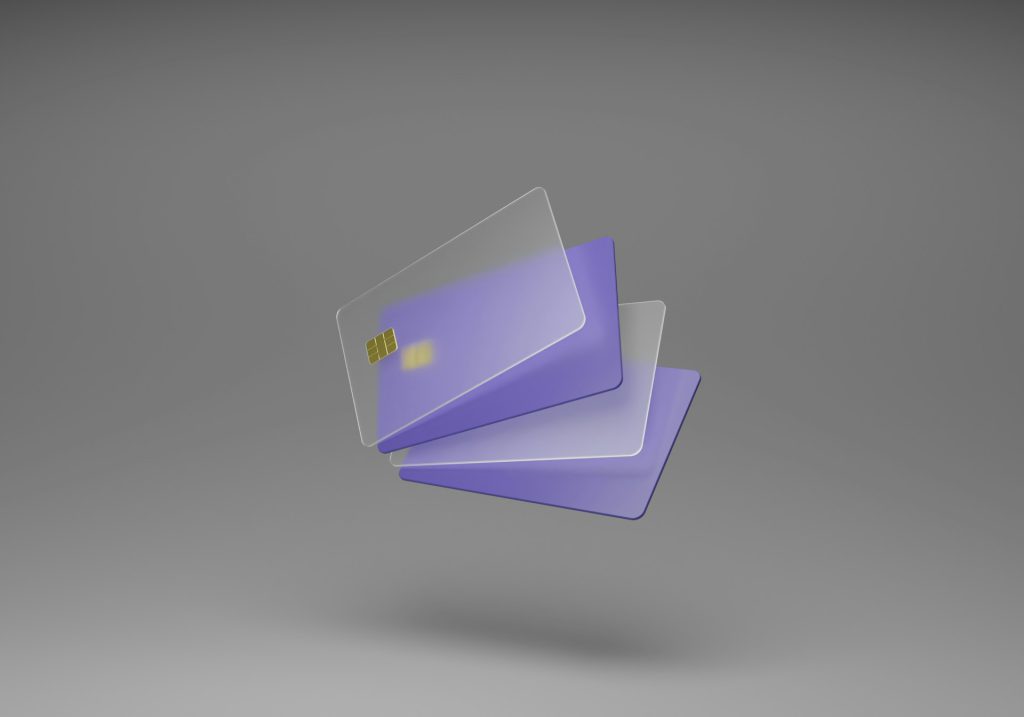Studying abroad is one of the most exciting and transformative experiences a young person can have. It’s a whirlwind of new cultures, new foods, new languages, and a new sense of independence. As you plan for this grand adventure, you’re likely focused on the big things: your classes, your housing, and all the incredible places you want to visit. But one small detail that is often overlooked can have a massive impact on your budget and your peace of mind: your cell phone plan.
We’ve all heard the horror stories. A student uses their home country’s phone plan overseas, thinking they’ll be fine, only to return home to a bill for thousands of dollars in international roaming charges. It’s a costly and stressful mistake that can instantly sour the memory of an amazing trip. Thankfully, there’s a much smarter and more affordable way to stay connected. For students heading overseas, prepaid mobile phones and local SIM cards are the perfect solution, offering control, flexibility, and complete freedom from surprise charges.
If you’re preparing for a semester abroad, here’s why sorting out a prepaid phone plan should be at the top of your to-do list.
You Completely Avoid Catastrophic Roaming Charges
This is the number one reason to go prepaid. International roaming is when your home cell carrier charges you exorbitant rates to use your phone on a partner network in another country. These rates for data, calls, and even text messages can be astronomical. A few minutes of using Google Maps or posting to Instagram can end up costing you a fortune.
By purchasing a local prepaid SIM card when you arrive in your host country, you are completely bypassing your home carrier and those outrageous fees. You’ll be paying the same low, local rates as the residents do, which will save you a massive amount of money.
You Get a Local Phone Number
Having a local phone number makes your life abroad infinitely easier and helps you integrate more seamlessly into your new environment. It’s a practical tool that allows you to do the following:
- Make friends: You can easily call and text your new local and international friends without anyone incurring international fees.
- Handle logistics: It’s much easier to make restaurant reservations, book train tickets, or communicate with a landlord when you have a local number.
- Be accessible: Program coordinators and professors can reach you easily without having to dial an international number.
It’s a simple thing that helps you feel less like a temporary tourist and more like a local.
You Have Total Control Over Your Budget
Studying abroad often means living on a very tight budget. Every dollar (or euro, or pound) counts. The beauty of a prepaid plan is that it’s impossible to overspend. You pay a fixed amount upfront for a specific allotment of data, calls, and texts. If you use it all up, the service simply stops until you decide to “top up” your account.
There are no surprise bills and no chance of accidental overages. This gives both you and your parents complete peace of mind, knowing that your phone bill will be a predictable, manageable expense. This level of financial control is a key part of successful budgeting for your time away.
It’s Perfectly Suited for a Temporary Stay
Your study abroad program might be for a four-month semester, a six-week summer session, or a full academic year. A long-term phone contract makes no sense for a temporary stay. Prepaid plans are designed for this kind of flexibility. You can buy a plan for as little as 30 days and simply stop refilling it when you’re ready to head home. There are no contracts to sign and no cancellation fees to worry about.
How to Get Set Up
Getting a prepaid plan abroad is easy. Just follow these simple steps:
- Ensure your current phone is “unlocked.” This is critical. An unlocked phone is one that is not tied to a specific carrier, meaning you can put any company’s SIM card in it. Contact your home carrier before you leave to ensure your phone is unlocked and ready for international use.
- Do a little research. Before you go, do a quick search for “best prepaid mobile carriers in [Your Destination Country].” You’ll quickly find the major players.
- Buy a SIM card upon arrival. You can usually find kiosks selling SIM cards right in the airport, or at convenience stores and official mobile carrier shops throughout the city.
Staying connected is an important part of a safe and fun study abroad experience. For more tips on preparing for your trip, the U.S. Department of State’s Students Abroad page is a fantastic resource. By taking a few minutes to switch to a prepaid plan, you can save yourself a lot of money and worry, allowing you to focus on what really matters: your incredible adventure.
